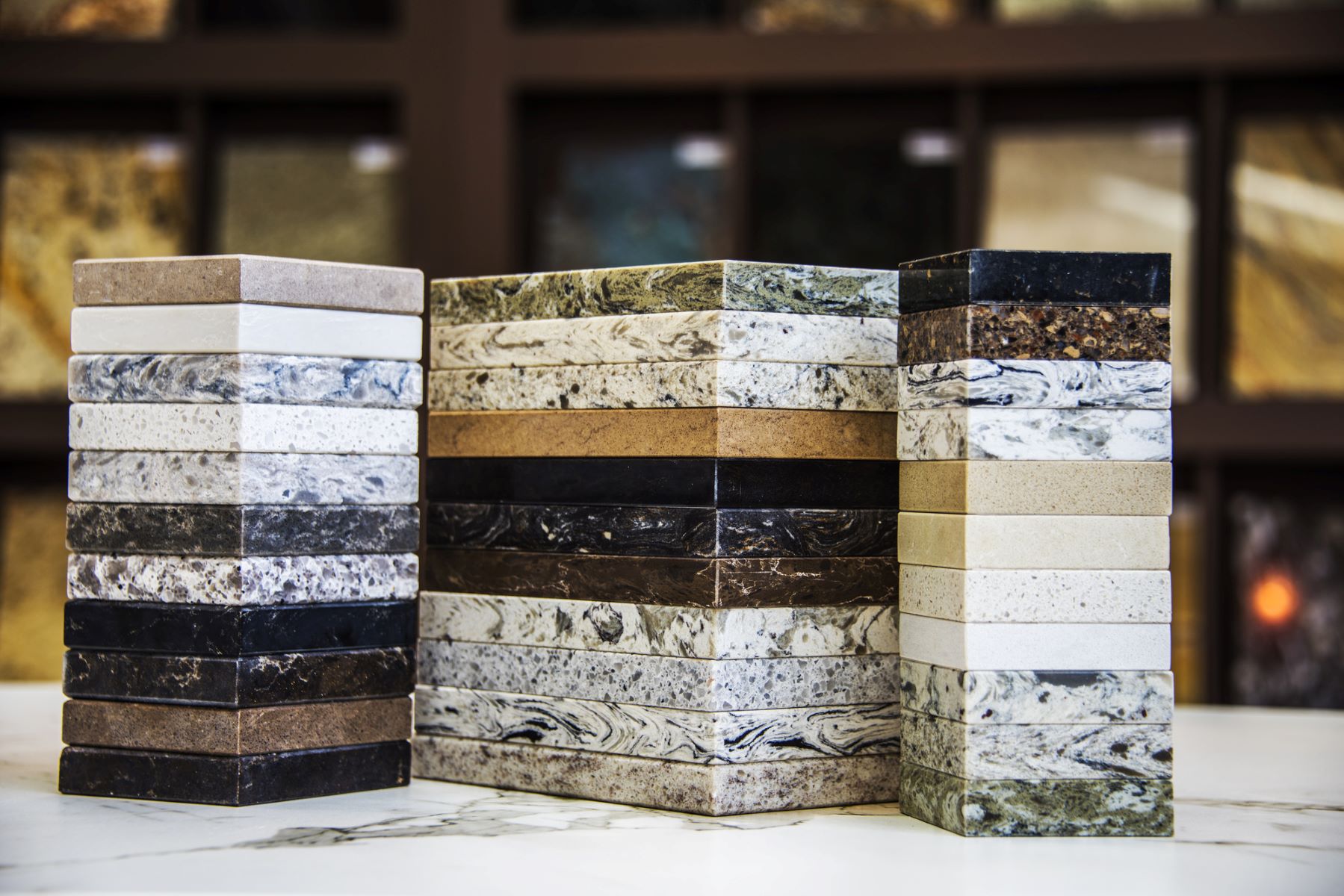

Articles
How Much Do Quartz Countertops Weigh
Modified: March 2, 2024
Discover the weight of quartz countertops in this informative article. Learn everything you need to know about the weight of quartz countertops and make an informed decision for your home renovation.
(Many of the links in this article redirect to a specific reviewed product. Your purchase of these products through affiliate links helps to generate commission for Storables.com, at no extra cost. Learn more)
Introduction
Quartz countertops have become an incredibly popular choice for homeowners looking to enhance the beauty and functionality of their kitchens and bathrooms. With their durability, low maintenance requirements, and wide range of colors and patterns, quartz countertops offer a stylish and practical solution to any space.
When considering the installation of quartz countertops, one important factor to consider is their weight. It’s crucial to know how much weight your countertop will add to your cabinetry and ensure that it is within the weight limits of your kitchen or bathroom. Understanding the weight of quartz countertops can help you make informed decisions during the selection process and ensure the proper support and installation.
In this article, we will explore the composition of quartz countertops, the factors that affect their weight, the average weight of quartz countertops, and the installation considerations related to their weight limits. Let’s dive in and discover how much quartz countertops really weigh!
Key Takeaways:
- Quartz countertops weigh around 20 to 25 pounds per square foot, but factors like size, thickness, and density can affect the actual weight. Always consult with the manufacturer for exact specifications.
- When installing quartz countertops, consider cabinet strength, substrate quality, support braces, and professional installation. Ensuring proper support and installation techniques is crucial for long-term functionality and safety.
Read more: How Do They Install Quartz Countertops
The Composition of Quartz Countertops
Quartz countertops are engineered stone surfaces made from a combination of natural quartz crystals, resin binders, and pigments. The primary component of quartz countertops is quartz, which is one of the hardest and most abundant minerals found in the Earth’s crust.
The quartz crystals used in countertops are harvested from quarries and then crushed into small pieces. These crushed quartz particles are combined with resin binders, such as polyester or epoxy, which act as a glue to hold the quartz together. The resin also helps to provide a smooth and non-porous surface to the countertop, making it resistant to stains and bacteria.
In addition to the quartz and resin, pigments are added to the mixture to give quartz countertops their wide range of colors and patterns. These pigments can mimic the appearance of natural stones like granite or marble, offering homeowners the aesthetic appeal of these materials with the added benefits of quartz.
The exact composition of quartz countertops may vary depending on the manufacturer and the specific product. However, most quartz countertops consist of approximately 90-95% natural quartz crystals and 5-10% resin binders and pigments. This combination creates a durable and beautiful surface that is resistant to scratches, chips, and stains.
With an understanding of the composition of quartz countertops, let’s now explore the factors that can affect their weight.
Factors Affecting the Weight of Quartz Countertops
The weight of quartz countertops can vary depending on several factors. It’s important to consider these factors when estimating the weight that will be added to your cabinetry and ensuring that it is within the weight limits of your kitchen or bathroom.
1. Size: The size of the quartz countertop plays a significant role in its weight. Larger countertops will naturally weigh more than smaller ones. The length, width, and thickness of the countertop will all contribute to its overall weight.
2. Thickness: The thickness of the quartz slab can also impact the weight of the countertop. Thicker slabs, such as 2 cm or 3 cm, will be heavier compared to thinner options. It’s essential to check with the manufacturer or supplier to determine the thickness of the quartz countertop you are considering.
3. Density: The density of the quartz slab can vary depending on the specific product. Some quartz countertops may have a higher density, which can result in a slightly heavier weight. Density is influenced by the amount of quartz crystals and resin used in the manufacturing process.
4. Edge profile and additional features: The edge profile chosen for the countertop can contribute to its weight. More intricate and thicker edge profiles, such as bullnose or ogee, will add more weight compared to simpler profiles. Additionally, any additional features like a built-in sink or cooktop cutouts will increase the overall weight of the countertop.
5. Supporting structure: The weight of the quartz countertop should also account for the supporting structure underneath. The cabinetry and framework that will hold the countertop need to be capable of supporting the weight without any sagging or damage. It’s important to consult with a professional installer or contractor to ensure that the proper support is in place.
By considering these factors, you can get a better understanding of the estimated weight of your quartz countertop and ensure that it aligns with the capabilities of your kitchen or bathroom cabinets. But what is the average weight of quartz countertops? Let’s find out.
Quartz countertops typically weigh between 25 to 30 pounds per square foot. When planning for installation, be sure to consider the weight and ensure that your cabinets and supports can handle it.
Average Weight of Quartz Countertops
The average weight of quartz countertops can vary depending on the factors mentioned earlier, including the size, thickness, density, edge profile, and additional features. However, we can provide a general range to give you an idea of what to expect.
On average, quartz countertops weigh around 20 to 25 pounds per square foot (PSF). This weight measurement includes the countertop itself and does not account for any supporting structures or cabinetry. For example, if you have a 5-foot by 3-foot quartz countertop, the approximate weight would be between 300 to 375 pounds (5 x 3 x 20 to 25).
It’s important to note that this is an average weight estimate, and actual weights can vary depending on the specific product, manufacturer, and other factors mentioned earlier. It’s always recommended to check with the manufacturer or supplier for the exact weight specifications of the quartz countertop you are considering, especially if you have specific weight limitations in your kitchen or bathroom.
Now that we know the average weight of quartz countertops, it’s crucial to consider the installation considerations and weight limits to ensure a successful and safe installation. Let’s explore these important factors.
Installation Considerations and Weight Limits
When it comes to installing quartz countertops, it’s essential to consider the weight limits and structural requirements of your kitchen or bathroom. Here are some key installation considerations:
1. Cabinet Strength: The cabinets that will support the quartz countertop must be sturdy and capable of handling the weight. The weight limits can vary depending on the material and construction of the cabinets. It’s crucial to consult with a professional installer or contractor to determine if any reinforcement or additional support is needed.
2. Substrate: The substrate, which is the surface onto which the quartz countertop will be installed, should be level, sturdy, and able to support the weight. Common substrates include plywood or MDF (medium-density fiberboard). The substrate should also be properly sealed to prevent moisture damage.
3. Support Braces: Depending on the size and weight of the countertop, additional support braces may be required. These braces help distribute the weight evenly and prevent any sagging or cracking. A professional installer can recommend the appropriate number and placement of support braces.
4. Countertop Overhangs: If your quartz countertop has any overhangs, such as an extended breakfast bar or island, extra support must be provided to prevent it from sagging or breaking. Support brackets or corbels can be installed underneath to ensure stability and safety.
5. Professional Installation: It is highly recommended to have your quartz countertop installed by a professional. They have the expertise and knowledge to assess weight limits, ensure proper installation techniques, and provide any necessary reinforcement to ensure the safety and longevity of the countertop.
Always consult with a professional installer or contractor to evaluate the weight limits and structural requirements of your specific installation. They will provide guidance on whether any adjustments or precautions need to be taken to accommodate the weight of your quartz countertop.
Now that you have a better understanding of the installation considerations, let’s conclude our discussion on the weight of quartz countertops.
Read more: How Much Does Granite Countertops Weigh
Conclusion
Quartz countertops are not only visually appealing but also durable and low maintenance. When considering the installation of quartz countertops, it is crucial to understand their weight and how it can affect your kitchen or bathroom. By considering factors such as size, thickness, density, edge profile, and additional features, you can estimate the weight of your countertop more accurately.
The average weight of quartz countertops ranges from 20 to 25 pounds per square foot (PSF). However, it’s important to note that these are general estimates, and the actual weight can vary depending on the specific product and manufacturer. Always consult with the manufacturer or supplier for the exact weight specifications of the quartz countertop you are considering.
During installation, several factors need to be considered, including the strength of the cabinets, the stability of the substrate, the need for support braces, and the proper placement of support brackets or corbels for overhangs. It is highly recommended to enlist the help of a professional installer or contractor who can assess weight limits, ensure proper installation techniques, and provide any necessary reinforcement.
Understanding the weight of quartz countertops and considering installation considerations is essential for the long-term functionality and structural integrity of your kitchen or bathroom. By taking these factors into account, you can ensure a successful and safe installation that enhances the beauty and functionality of your space.
In conclusion, quartz countertops offer a stylish and practical solution for homeowners. With their wide range of colors and patterns, durability, and low maintenance requirements, they are a popular choice. By understanding the weight of quartz countertops and following proper installation guidelines, you can enjoy these beautiful surfaces with peace of mind.
Frequently Asked Questions about How Much Do Quartz Countertops Weigh
Was this page helpful?
At Storables.com, we guarantee accurate and reliable information. Our content, validated by Expert Board Contributors, is crafted following stringent Editorial Policies. We're committed to providing you with well-researched, expert-backed insights for all your informational needs.
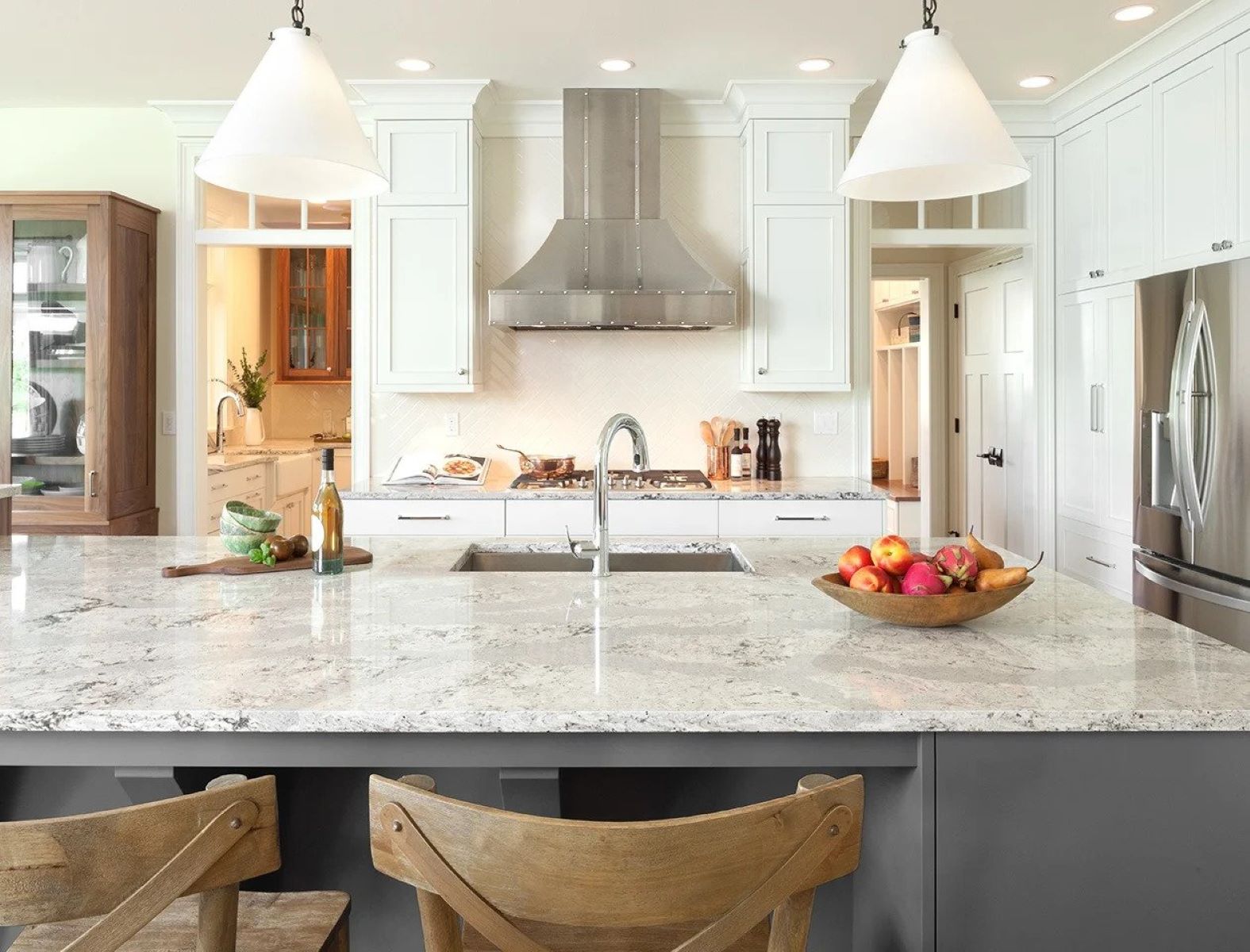
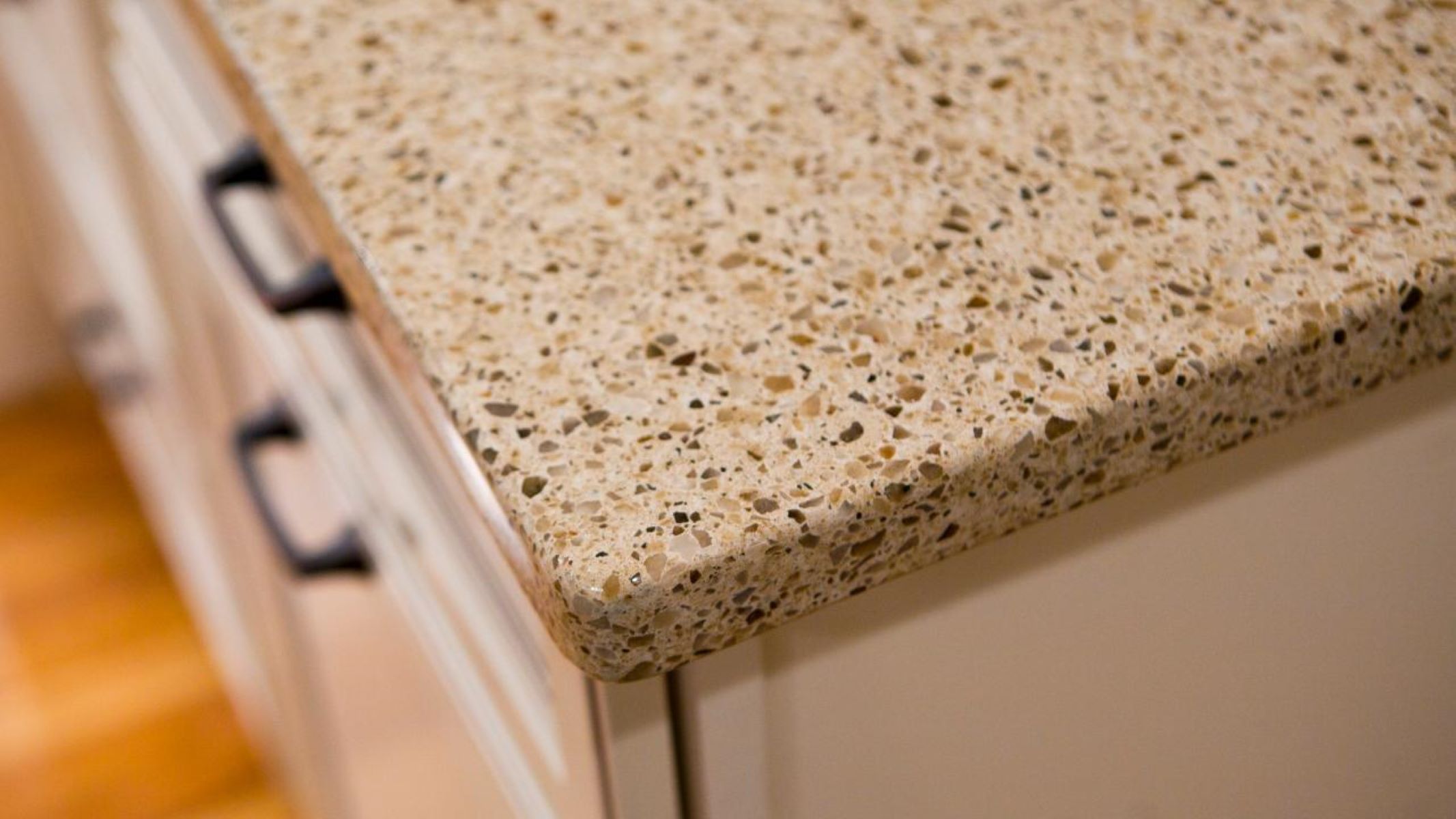
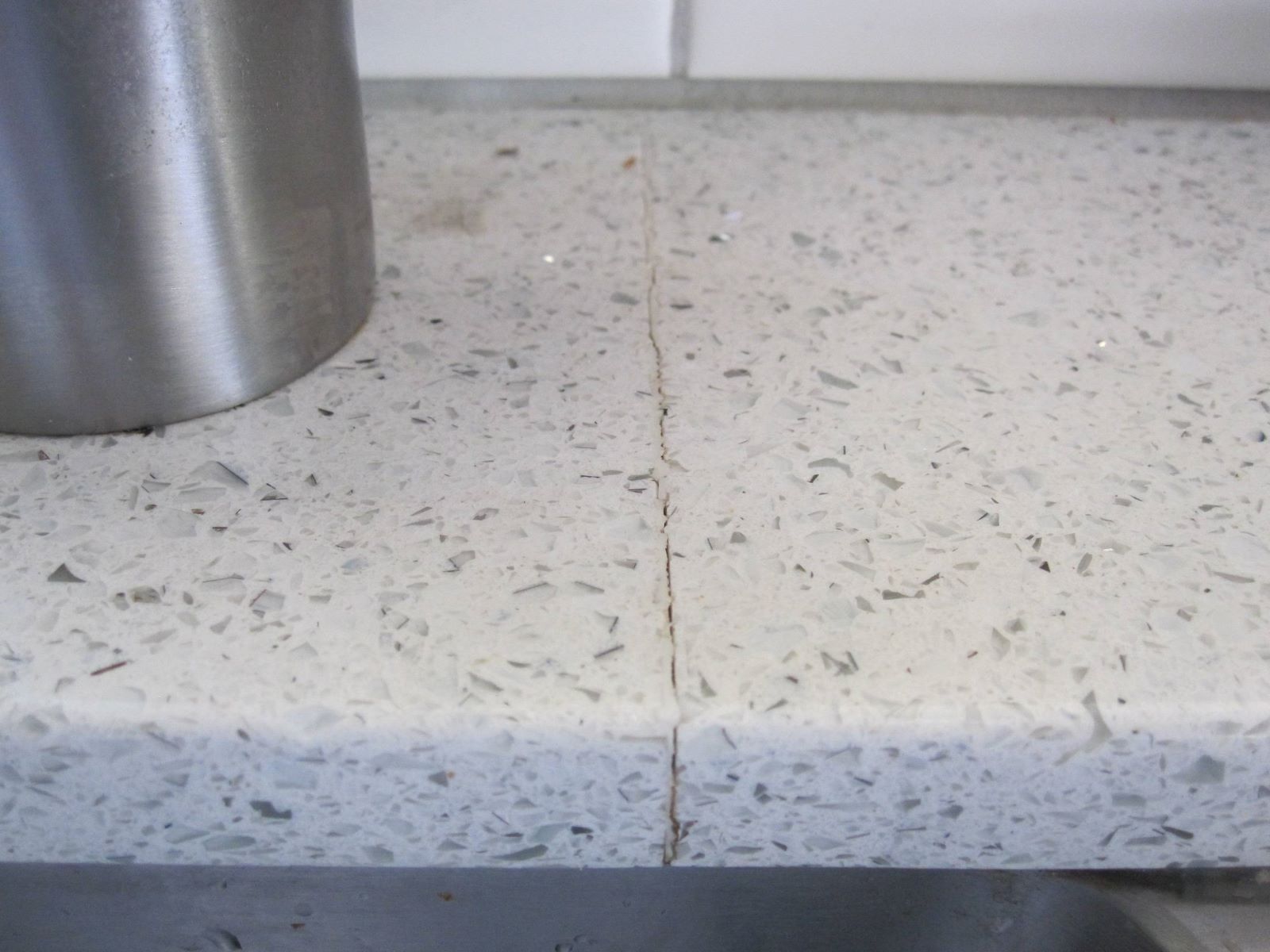
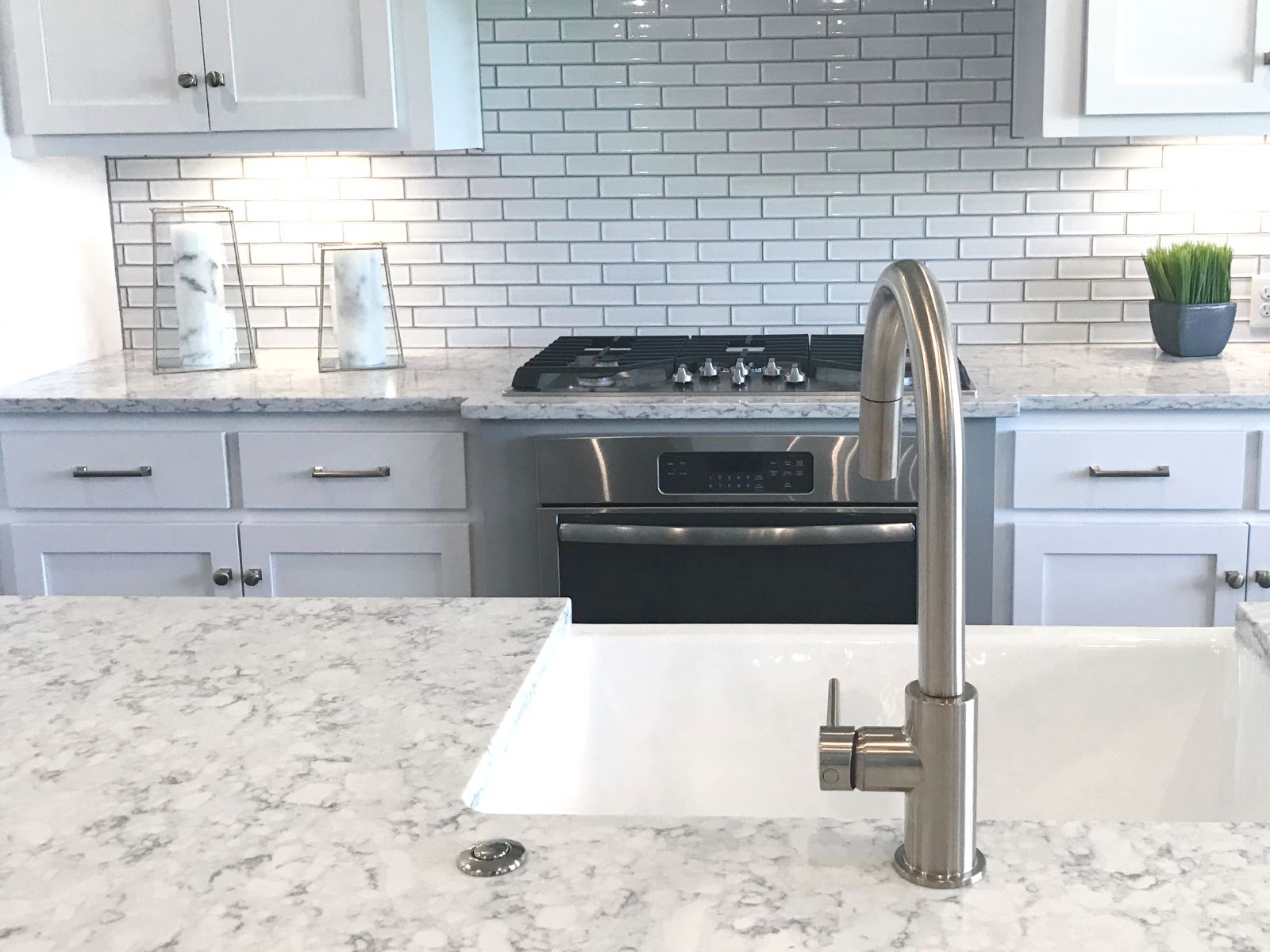




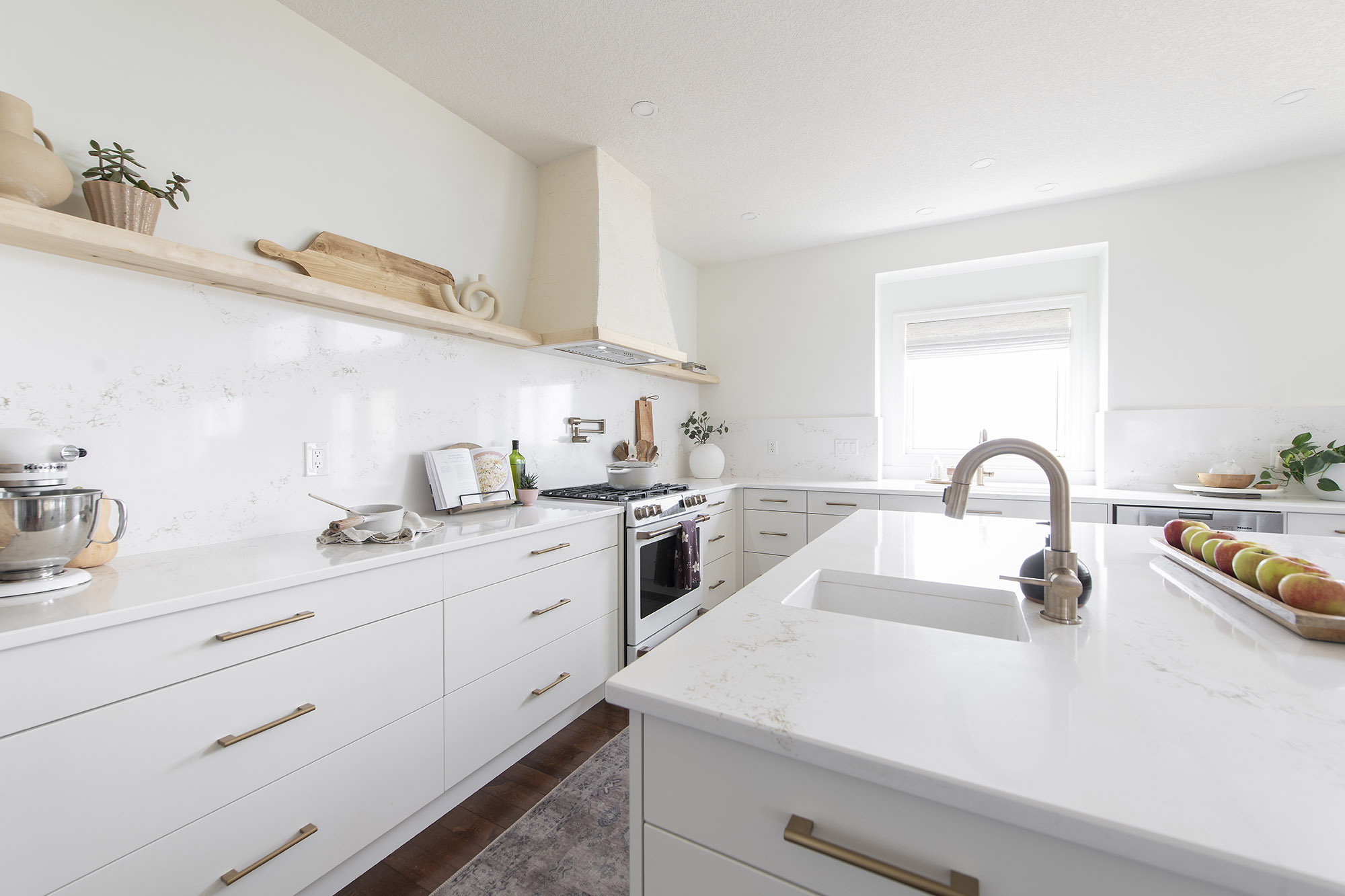
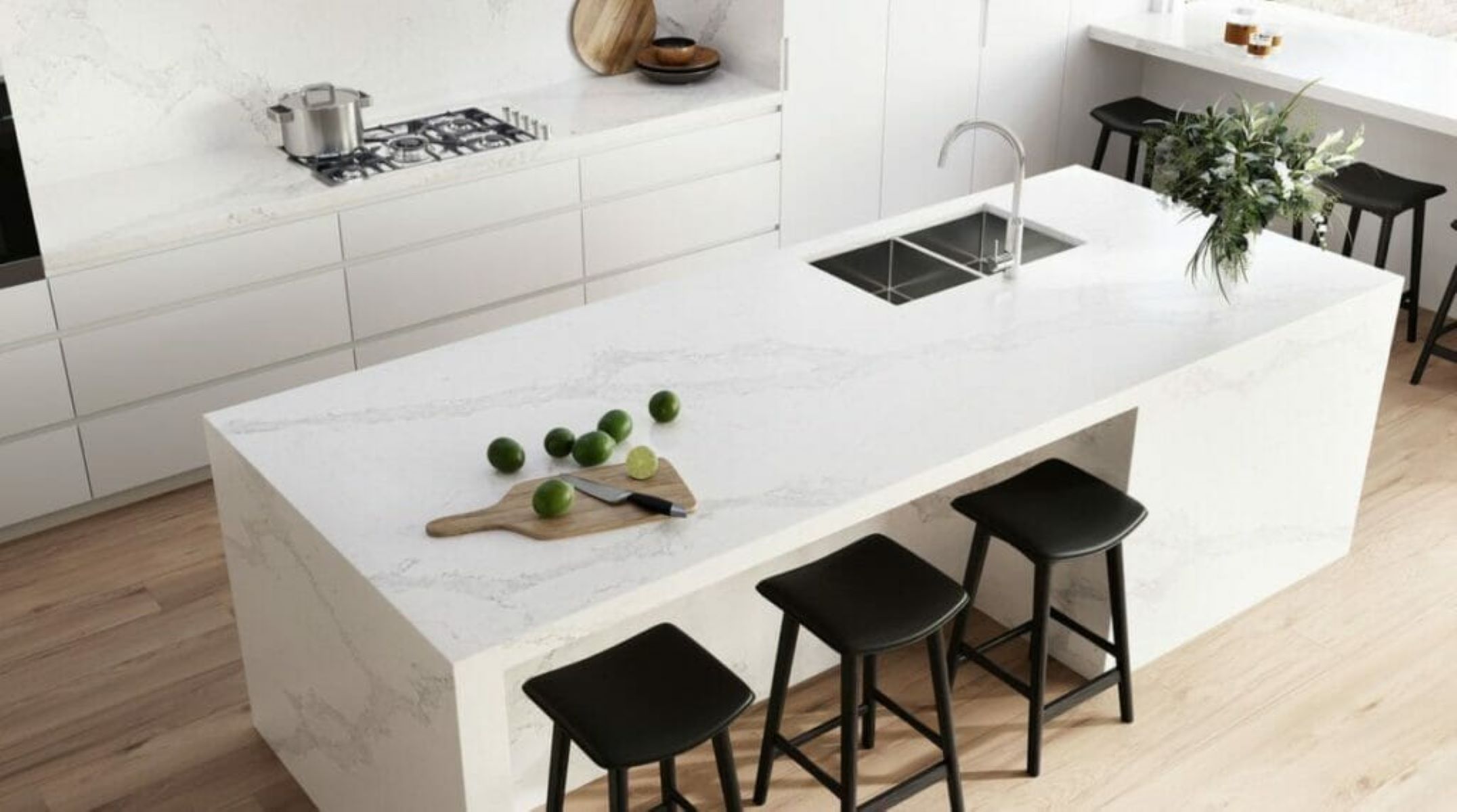

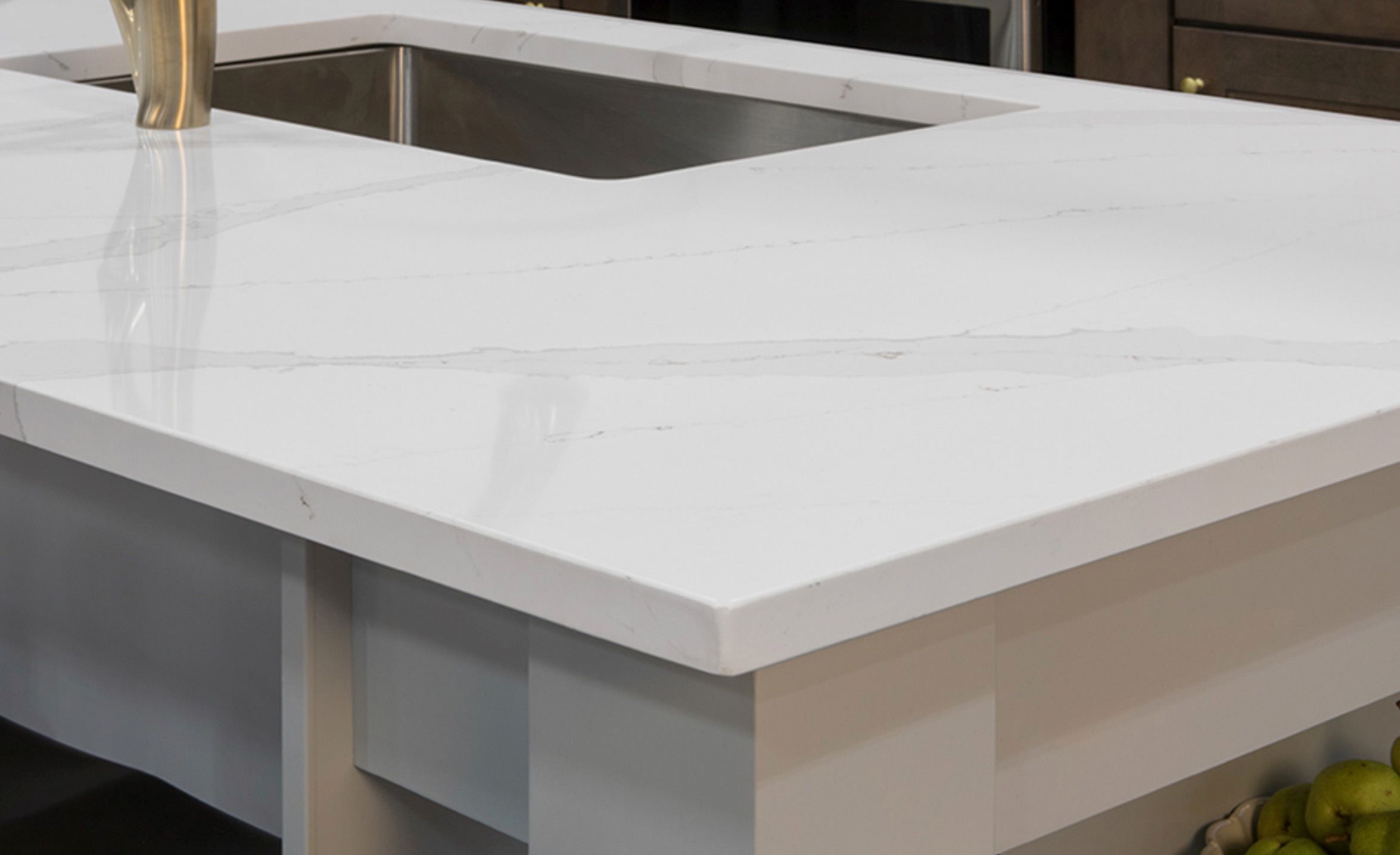
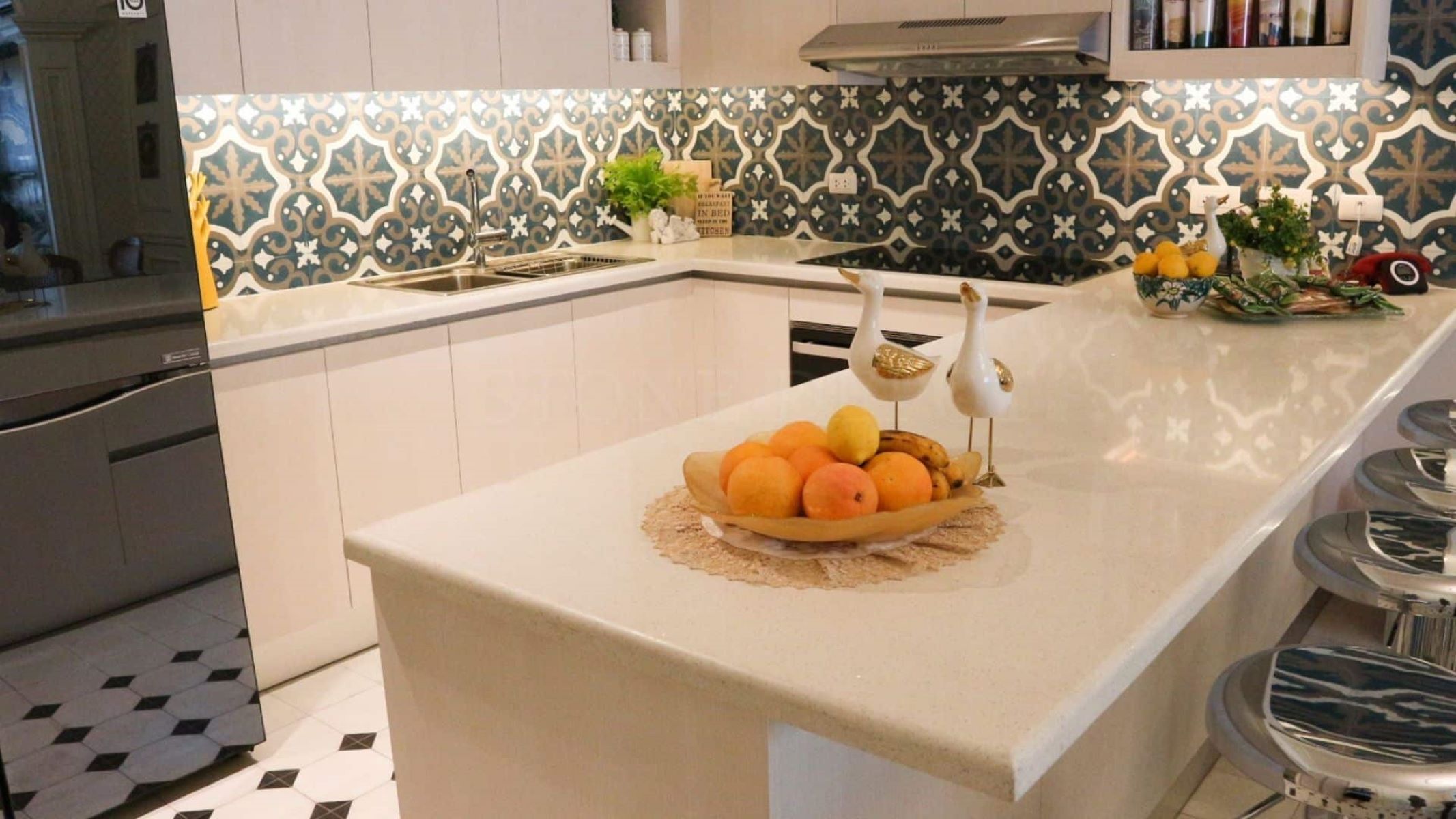
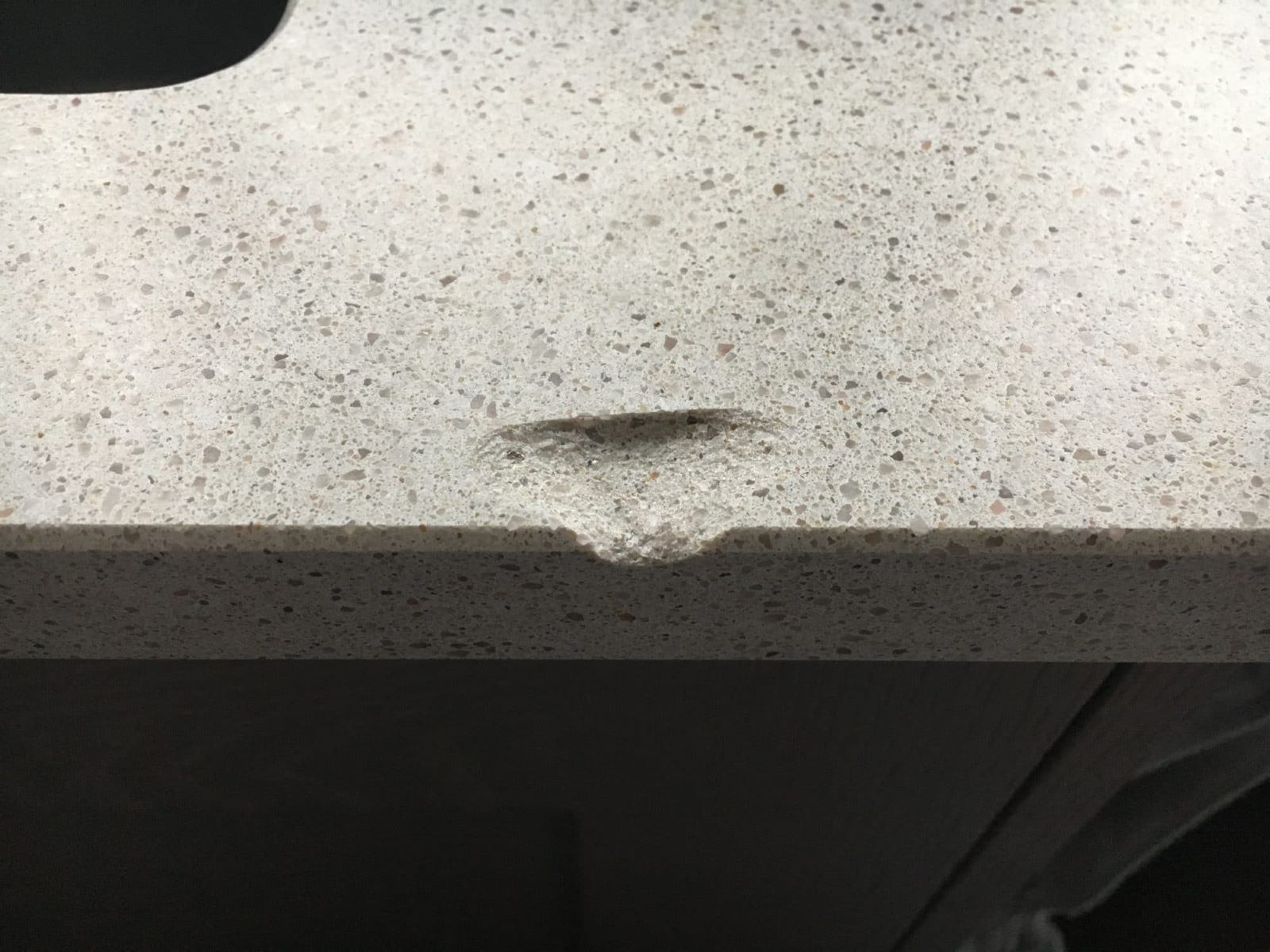

0 thoughts on “How Much Do Quartz Countertops Weigh”